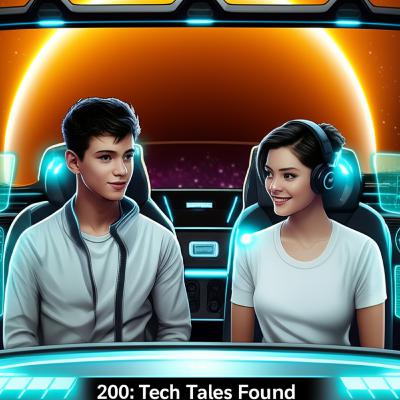FrostWire: How a Digital Rebellion Sparked a Copyright Revolution
Description
This narrative explores the rise and evolution of FrostWire, a peer-to-peer file-sharing application born from the open-source ideals of its predecessor, LimeWire. In the early 2000s, LimeWire became a symbol of digital rebellion, leveraging decentralized P2P technology to enable mass sharing of music and media, circumventing traditional distribution models. Its popularity surged amid consumer frustration with expensive, inflexible media formats, but triggered fierce legal backlash from the Recording Industry Association of America (RIAA), which pursued both users and developers for copyright infringement. The core legal conflict centered on whether platforms like LimeWire actively induced piracy or merely provided neutral tools. As LimeWire faced a 2010 court-ordered shutdown, a group of developers forked its last open-source version, creating FrostWire under the stronger GPLv3 license to preserve digital freedom and resist proprietary control. Unlike LimeWire, FrostWire adopted a cautious, principled approach—emphasizing disclaimers, promoting legal content such as Creative Commons works, and integrating BitTorrent for efficiency—enabling it to survive without facing similar legal destruction. The story highlights the tension between open-source philosophy and copyright law, illustrating how technological innovation can challenge entrenched industries and reshape consumer expectations. The widespread use of such platforms fostered a cultural shift, normalizing instant digital access and inadvertently paving the way for legal streaming services like Spotify and Netflix. While FrostWire no longer dominates digital culture, it persists as a niche media player and content discovery tool, maintaining its commitment to open access and community-driven development. Today, it stands as a testament to the resilience of open-source projects and the enduring debate over ownership, access, and control in the digital age. Its legacy underscores how grassroots technological movements can influence policy, force industry adaptation, and leave a lasting imprint on how society consumes and shares information. As new challenges emerge—from AI-generated content to data ownership—the principles embodied by FrostWire continue to inform the ongoing struggle for digital rights and equitable access in an increasingly centralized online world.





